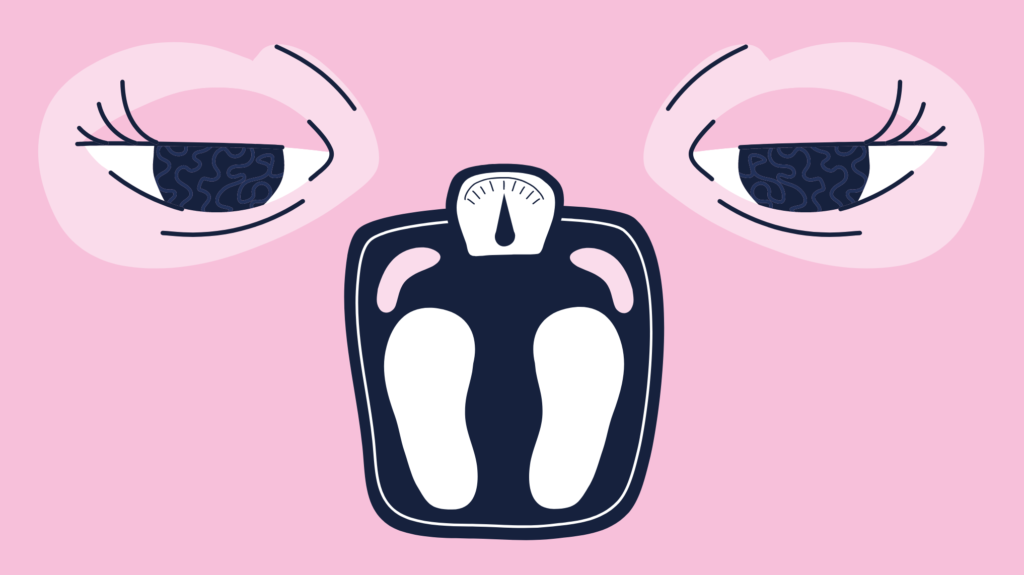It’d be nice to think that once I graduated from high school, all of the typical anxieties that characterize teenage years would just dissipate into the background. Once I graduated, I figured, I’d stop caring about what other people thought of me, or how I looked. But this isn’t true.
During quarantine, I experienced a level of stress I didn’t know was possible to achieve. I was battling college admissions, online school, and social isolation, all while watching the end of my high school career fizzle into nothing. I coped by running. A lot.
Every time I was waitlisted from a school, I went for a run. Every time I received a text I just didn’t have the energy to respond to, I went for a run. The more stressed I became, the more I ran. As a result, there was an inverse relationship between my mental and physical health. I was in the best physical shape and the worst mental state of my life.
Because I was working out so often, I also became hyper fixated on the way my body looked. Just like every teenager, I’d been struggling with self-image, and running only placed more emphasis on my appearance. I felt detached from myself both physically and mentally.
It wasn’t until the summer finally rolled around that I was able to convert running into a source of happiness instead of a feigned outlet for compounding anxieties. I forced myself to ignore my pace and mileage. I continued to tell myself over and over again that I liked the way I looked, and that I liked myself. I became the most confident person I’ve ever been, and my physical and mental health were finally in sync.
But as I’ve started my freshman year at BC, I’ve been running less and less. I don’t have as much time on my hands, and although I’m still experiencing higher stress levels, I’m reluctant to run. There’s this struggle between feeling like it’d be good to run for my mental health and worrying that by running often, I’ll slide back into that initial place of insecurity that I thought I had finally shed for good.
I associated the confident version of myself with the person who looked the way I did over the summer. As I put on more weight at school, I began to worry that somehow that confidence would leave my system as pounds entered the scale.
The difference now, though, is that I also have an extremely supportive group of friends around me. Even when I let slip the occasional “I look stupid” or “These jeans don’t fit like they used to,” my roomate yells at me. As she should, because I’m wrong. Instead of agreeing and tacking on their own insecurities, my friends here have no tolerance for self-shaming. So even when I feel myself falling back into the comfort of disliking myself, I’m jolted back to reality.
Despite my body changing, I’m still happy with the way I look, which isn’t something that comes as easily as it sounds. This extra weight that I’ve gained is a reminder that anxieties don’t just disappear. Confidence is fluid, and it will slip away from you if you let it. Feeling good about yourself is a constant process of self-reassurance.













